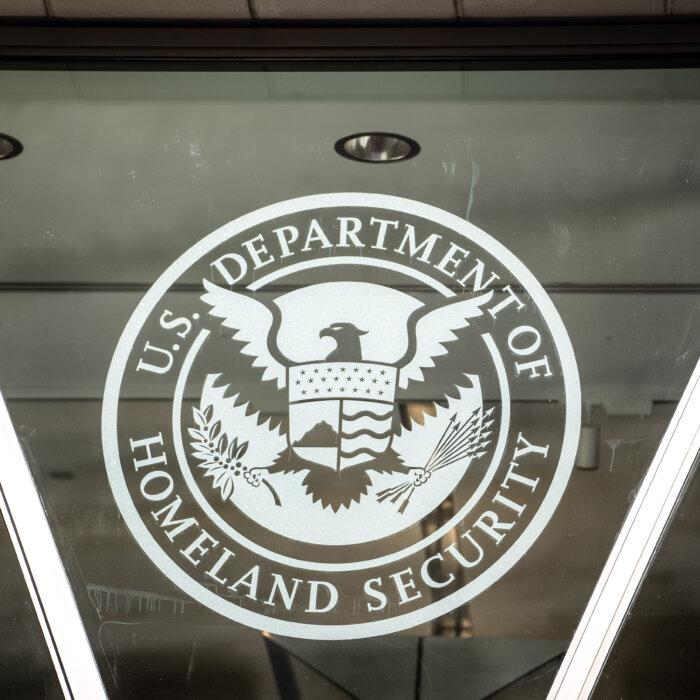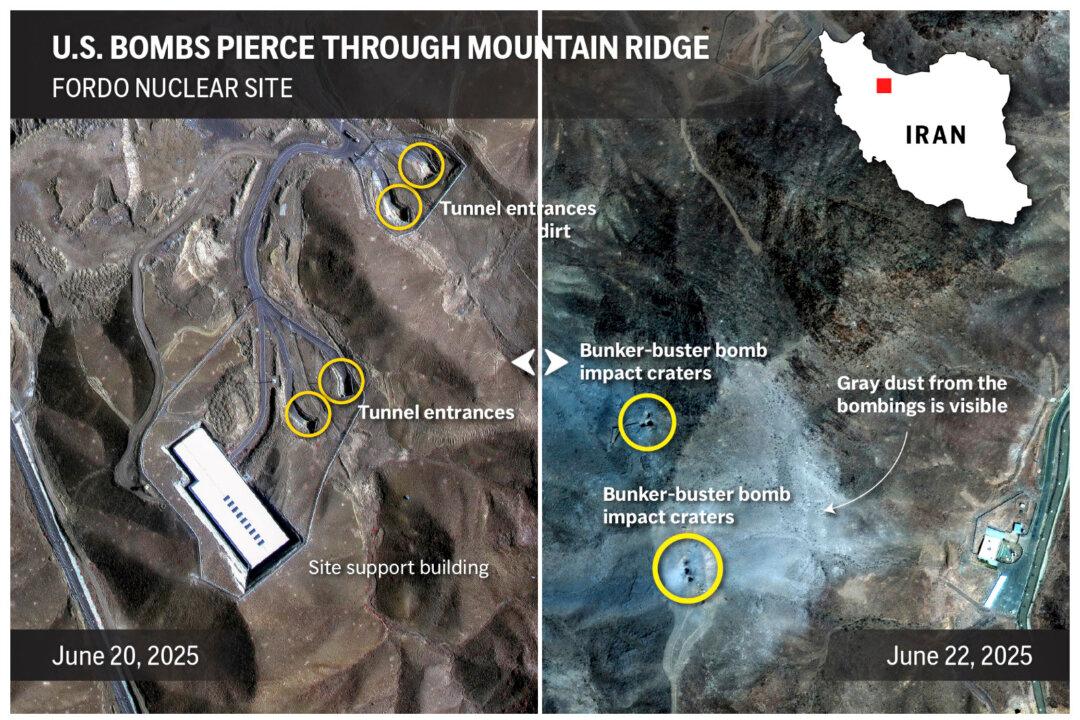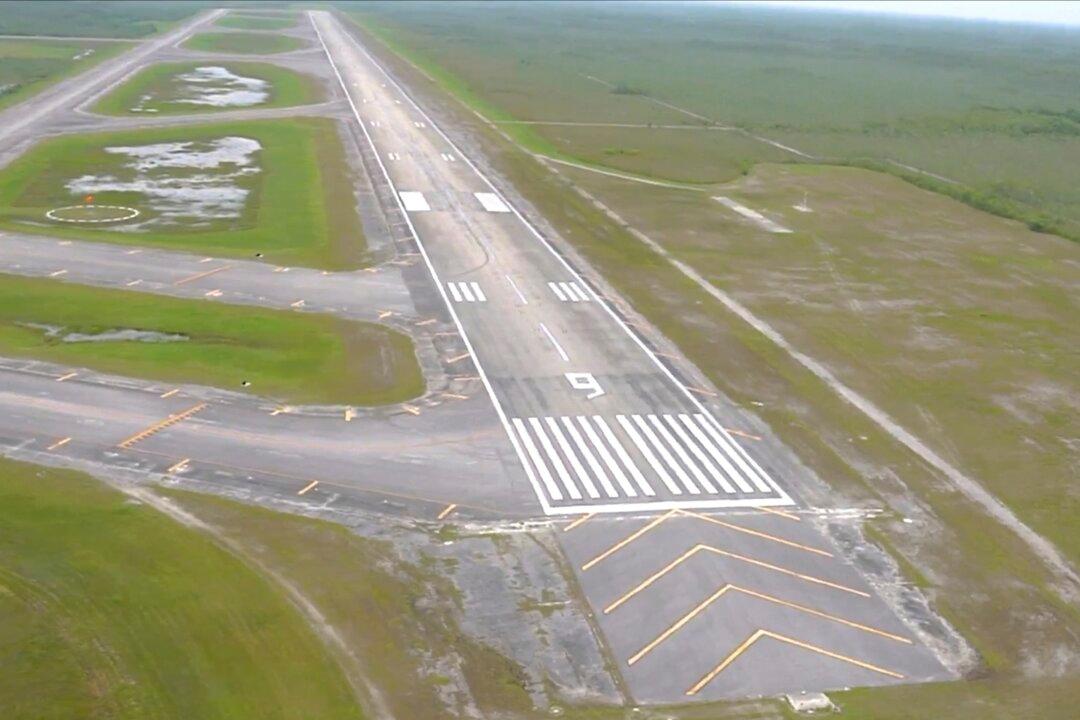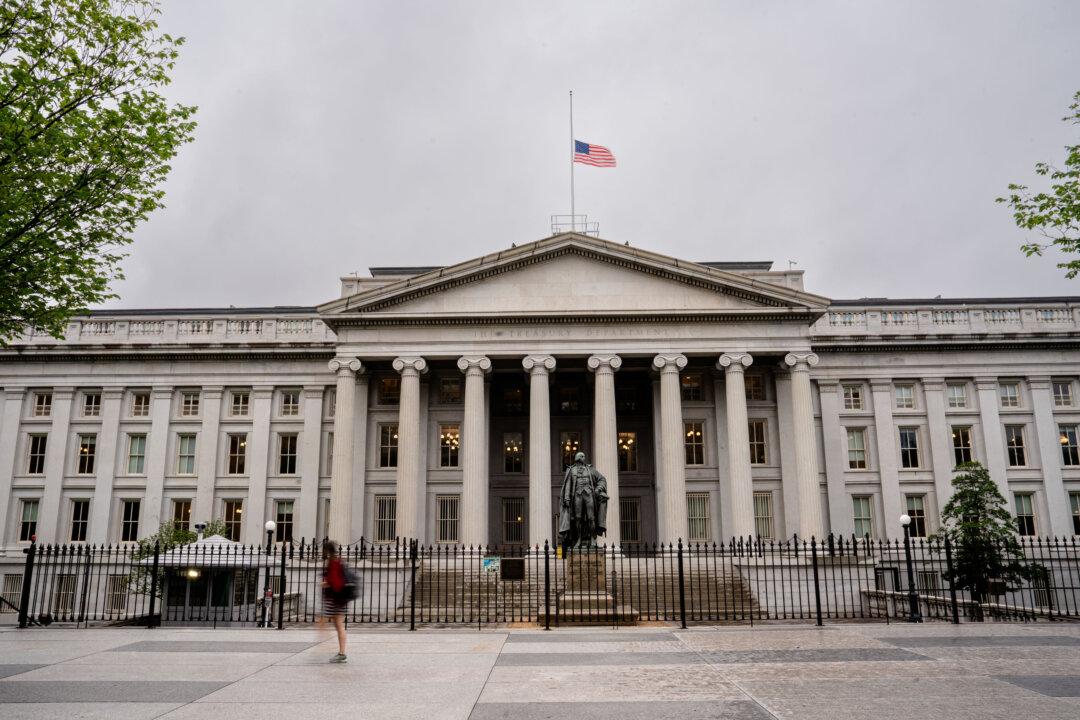President Donald Trump on June 4 issued a full suspension on new visas for foreign nationals from a dozen countries applying for entry to the United States and a partial suspension on nationals from another seven.
A full suspension will go into effect for nationals from Afghanistan, Burma, Chad, the Republic of the Congo, Equatorial Guinea, Eritrea, Haiti, Iran, Libya, Somalia, Sudan, and Yemen. A partial suspension will affect nationals from Burundi, Cuba, Laos, Sierra Leone, Togo, Turkmenistan, and Venezuela.
Trump stated that the entry of these persons “would be detrimental to the interests of the United States,” and “their entry should be subject to certain restrictions, limitations, and exceptions.”
This executive action comes after the Secretary of State and assistant to the president on Homeland Security filed a report on April 9 identifying countries with such deficient vetting and screening information that a full or partial suspension of entry for their nationals was warranted.
Trump stated in the proclamation that he consulted with the secretary of state, attorney general, secretary of defense, secretary of homeland security, the director of national intelligence, the director of the Central Intelligence Agency, and appropriate assistants to the president before making his decision. The president also considered other goals and factors concerning various topics from foreign policy to counterterrorism.
“The restrictions and limitations imposed by this proclamation are, in my judgment, necessary to prevent the entry or admission of foreign nationals about whom the United States Government lacks sufficient information to assess the risks they pose to the United States,” the president stated in his proclamation.
“The restrictions and limitations imposed by this proclamation are necessary to garner cooperation from foreign governments, enforce our immigration laws, and advance other important foreign policy, national security, and counterterrorism objectives.”
The reasons for a country to be targeted included a lack of “competent or cooperative central authority for issuing passports or civil documents;” association with, state sponsorship of, or control of terrorism and terrorist groups; as well as the percentage of fellow nationals who choose to overstay their U.S. visas.
Justification of the entry suspension for Afghan nationals, for example, recognizes the Taliban’s control of the country, its lack of that central authority, and “a student (F), vocational (M), and exchange visitor (J) visa overstay rate of 29.30 percent.”
The highest overstay rate goes to Chad, with a 49.54 percent rate for business/tourist (B1/B2) visas, and Equatorial Guinea, with a total overstay rate of 70.18 percent.
Overstay percentages come from the Fiscal Year 2023 Department of Homeland Security (DHS) Entry/Exit Overstay Report.
However, the proclamation also affirmed that no visa—immigrant or nonimmigrant—issued before June 9 would be revoked, nor would the restrictions apply to anyone who is a permanent legal resident of the United States, or anyone who has been granted asylum or refugee status to the United States, and is remaining in the country under the protection of the Convention Against Torture and Other Cruel, Inhuman or Degrading Treatment of Punishment.
The proclamation also stated, “Nothing in this proclamation shall be construed to limit the ability of an individual to seek asylum, refugee status, withholding of removal, or protection under the CAT, consistent with the laws of the United States.”
According to the fact sheet, the administration will also exempt “individuals whose entry serves U.S. national interests.”







